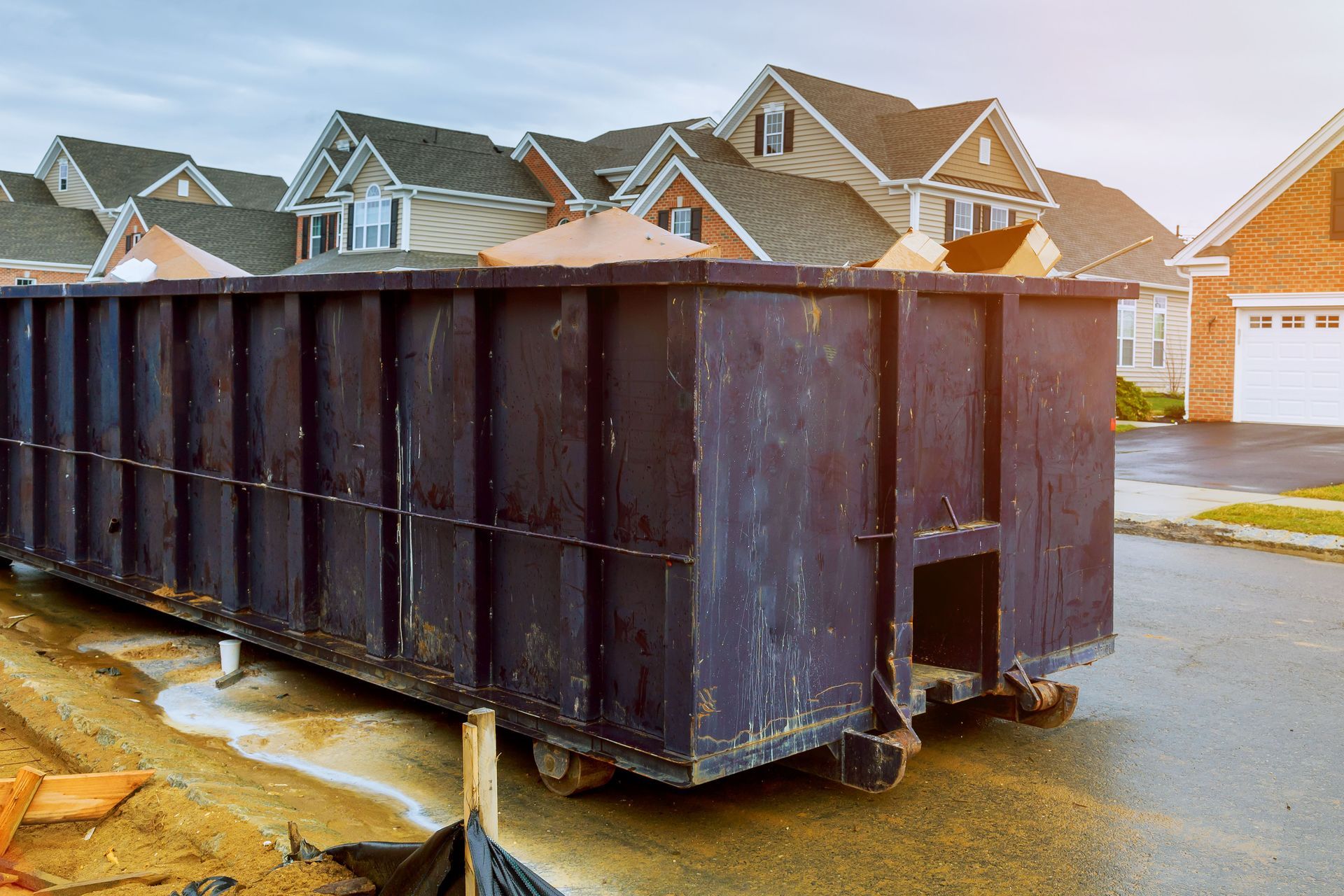5 Big Mistakes to Avoid When Using Your Residential Dumpster Rental
Renting a dumpster can be a lifesaver when tackling home cleaning, renovations, or landscaping projects. A well-placed curbside bin ensures that unwanted items are swiftly removed and your space stays safe and clean. However, a residential dumpster rental isn’t as simple as ordering a bin and tossing everything inside. Mistakes can lead to fees, delays, or even safety hazards. To help you get the most out of your dumpster rental experience, here are a few common mistakes you’ll want to avoid.
1. Overfilling or Ignoring Weight Limits
One of the most frequent and costly errors is exceeding the dumpster’s permitted weight. Dumpsters come with strict weight limits; going over can result in hefty overage charges. A residential dumpster rental might allow a certain amount of debris. Once you exceed the limit, you’ll pay by the pound. Heavy items like concrete, dirt, brick, or tile can quickly blow past the limit if you’re not careful.
Estimate your debris volume and weight ahead of time. Classify heavy items separately and consider renting a smaller dumpster or scheduling an extra pickup for them. If in doubt, ask the rental company what the maximum weight is and whether they offer a weight scale on-site.
2. Tossing Prohibited Materials
Throwing banned items into your dumpster is another serious blunder. Most residential dumpster rental agreements forbid materials like paints, tires, batteries, and asbestos. Violating these rules may lead to fines, cleanup costs, or even legal complications.
Knowing what you can and can't toss isn't always obvious. For example, food waste makes up approximately 50 percent of our total waste, according to Statista, but that doesn't mean your dumpster service wants rotten food in their dumpsters. Always ask the rental provider for a detailed list of prohibited items. When in doubt, dispose of these through proper channels—your local hazardous waste collection center, auto shops, or e-waste recycling facilities.
3. Overlooking Local Rules and Placement Restrictions
Dumpster placement matters more than many realize. If your dumpster blocks a driveway, street, sidewalk, or fire hydrant without a permit, local authorities may issue tickets or have it removed. Additionally, some municipalities require permits for street placement of bins.
Plan where you’ll put the dumpster before it arrives. Consult your city’s public works or zoning department to verify if placement on public property requires a permit. If on private property, ensure the ground is level and protected—wood or plywood boards beneath the bin can prevent damage to driveways or landscaping.
4. Forgetting to Share Rules with Contractors or Helpers
When multiple people are involved—contractors, family, or friends—you must ensure everyone knows the rules. It’s easy for helpers to haphazardly toss materials without understanding weight limits or prohibitions. Brief everyone involved about dumpster rules upfront. Consider putting a printed list of “Do’s and Don’ts” on or near the dumpster site. Remind contractors during your kickoff meeting: clarity now prevents costly problems later.
5. Underestimating Volume and Timing Needs
Lastly, misjudging how much debris you’ll generate—or when you’ll need the dumpster—can stall your project. Too small a bin means overflow and additional drop-offs; too large a rental is an unnecessary expense. Similarly, scheduling the dumpster too late can delay your project start, while leaving it on-site longer than needed costs money.
List all tasks and estimate debris volumes. Convert your volume estimates into cubic yards (common dumpster sizing), and then choose a dumpster size accordingly. Plan rental duration with a buffer—schedule pickup a day or two after your project ends, so you’re not rushing to finish.
A residential dumpster rental can be a powerful tool to simplify home projects, but only if used wisely. If you avoid these big mistakes, you'll be able to form a strong partnership with your local dumpster rental company, which can be a great resource in future projects. By planning ahead and being thoughtful about what and how you dispose, you’ll keep your project on track, avoid fines or fees, and even reduce your environmental impact. Next time you need to rent a dumpster, consider reaching out to the professionals at MST Dumpsters. Not only can we provide you with helpful tips like these, but you'll also be free from surcharges, taxes, and hidden fees. Give us a call today to get started!


Share On: